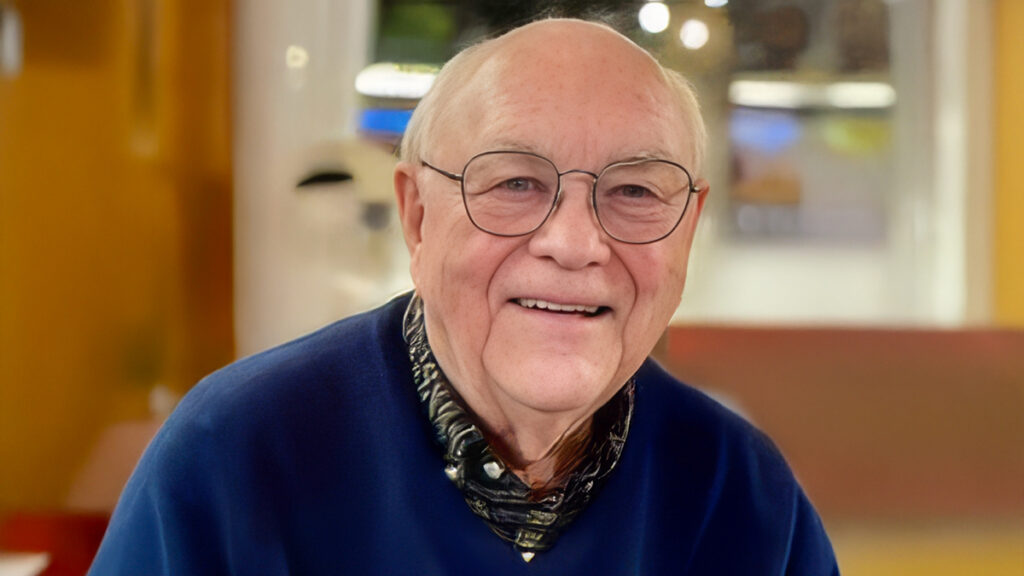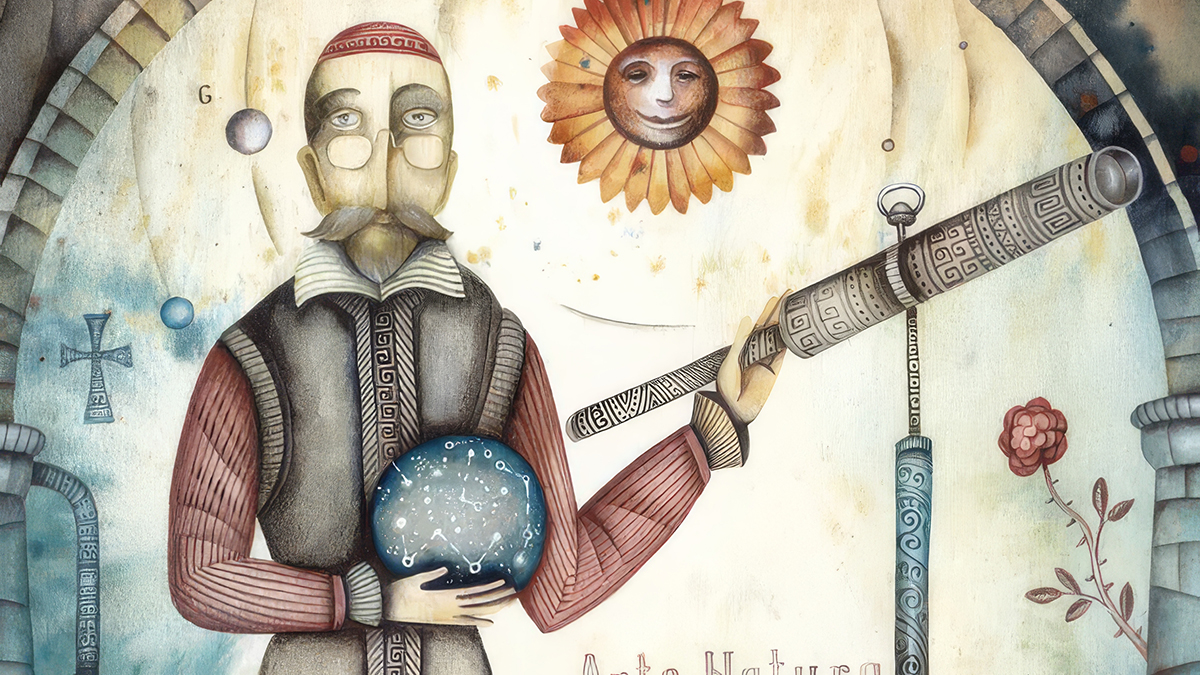An article by Thomas Reese in the National Catholic Reporter alerted me to a document recently issued by the Vatican’s Pontifical Academy of Sciences, Protecting Freedom of Science and Preventing Distortion of Scientific Truth.
The Vatican document is clear and strong:
“Across multiple contexts and continents, we are witnessing an alarming rise in attempts to discredit, politicize, or suppress scientific knowledge. These developments not only endanger the integrity of science but also imperil the well-being of societies that depend on science to address their most pressing challenges, including poverty, pandemics, health care, climate change, and use of artificial intelligence.”
From Galileo to leadership
The day is past when religion and science were regarded as enemies in the Catholic Church.
As Reese writes in the conclusion of his article, “Catholics need no longer hang their heads in shame because of Galileo. We can be proud that the Vatican wants to be a leader in the fight defending scientific inquiry.”
Indeed, the document points to the compatibility between science and spirituality, and notes how they can “coexist in mutual enrichment.”
Theology and science
The Vatican document says nothing about the compatibility of science and theology, and it probably was not its place to do so.
However, what struck me in reading the document was that it might offer encouragement in terms of the way that science needs to affect contemporary theologizing.
Such a commitment to a “mutual enrichment” is hinted at, I believe, in Pope Francis’s Ad Theologiam Promovendam, when he calls for a “cross-disciplinary” approach to theologizing.
Francis writes of “the difficult task for theology of being able to avail itself of new categories elaborated from other forms of knowledge, in order to penetrate and communicate the truths of the faith and transmit the teaching of Jesus in contemporary language, with originality and critical consciousness.”
Knowledge across disciplines
Might these “other forms of knowledge” include the various forms of scientific knowledge and the results of scientific research?
I believe that such a case can be made. And I believe that such a “mutual enrichment” between science and theology is one of the most urgent tasks of theology in our time.
A new worldview
In many ways, the appropriation of the contemporary scientific worldview in the context of faith really changes everything.
So much of our theology has been developed along the lines of a Platonic or Aristotelian worldview.
How might our understanding of creation change if we paid attention to today’s astronomy and the astonishing discoveries of the Webb Space Telescope?
How might our understanding of the doctrine of original sin change in the light of contemporary psychology?
How might our theological anthropology change when we are confronted with the fact that human beings are part of, not the center of, the universe?
How might our openness to the ministry of women in the church change with an understanding of contemporary biology?
The challenge of questions
These are admittedly controversial, dangerous questions.
But are they much different than the questions the Council of Nicaea wrestled with 1,700 years ago when it accepted Greek categories to express a central point of our Christian faith?

- Stephen B. Bevans, SVD, is a priest in the Roman Catholic missionary congregation of the Society of the Divine Word (SVD). He is the Louis J. Luzbetak, SVD Professor of Mission and Culture, Emeritus, at Catholic Theological Union, Chicago. He has edited or published twenty-one books, the latest of which is Community of Missonary Disciples: The Continuing Creation of the Church (Orbis, 2024)

